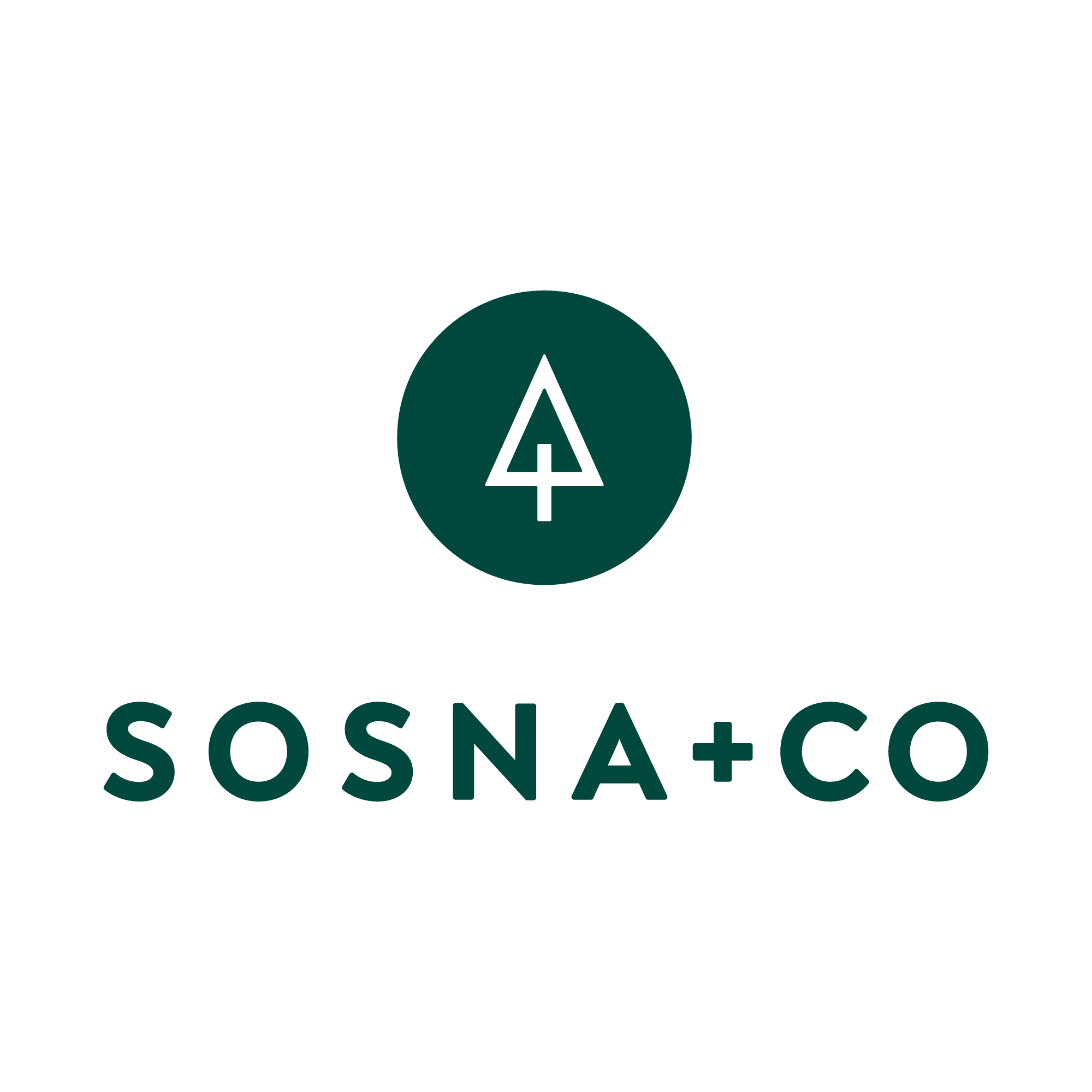Want to Go Global? How to Effectively Expand Your Life Science Business Beyond North America
Recently we shared a post on how life science companies around the globe can successfully enter North America. Today, we’re covering the reverse scenario: how North American companies can expand to markets around the world.
First, Why Branch Out Beyond North America?
If your company is based in the U.S., Mexico, Canada, or another North American country, doing business there is obvious. But typically there is a sea of limitless potential for our innovation in other populations and markets.
For drugs targeted to specific disease states, it makes sense to pursue regions where the condition is more prevalent. Or, if you offer a technology platform, the sheer size of markets like Asia and the EU make doing business there the logical next step for growth.
What Are the Challenges of Going Global?
As mentioned in our previous post, if you are not familiar with the region you’re looking to expand into, it can be difficult to:
Know who to talk to
Secure supply chain partners
Understand the business culture
Build lasting business relationships
The Sosna + Co works with global players every day in regions including the EU, Asia, MENA, Australia, and more. Below are our top tips for life science companies looking to go global successfully.
Understand the Business Culture and Landscape
Once you make the decision to do business in a new country or region, it’s important to gain insights into the region's regulations, business rules, and norms. The regulatory environment varies significantly across global markets, and a thorough understanding is crucial for compliance and seamless operations.
When it comes to regulatory differences, familiarize yourself with product registration requirements, quality standards, and any restrictions on marketing and sales. Engage regulatory experts who can guide you through the intricacies of obtaining approvals and ensure your products comply with local regulations.
Beyond this, understanding the broader business rules and norms is vital. Different regions may have distinct approaches to contracts, intellectual property, and data protection. For instance, the EU's General Data Protection Regulation (GDPR) imposes stringent rules on data privacy, requiring a meticulous approach to handling customer information.
Explore Different Market Entry Strategies
There’s no one way to go global. Whether you offer a product or service, explore market entry strategies such as distributors, supply chain manufacturing, regulatory partnerships, establishing subsidiaries, forming joint ventures, or licensing agreements.
In the life science sector, flexibility is key. For example, you may find that your dietary supplement can be marketed as a drug in another country, allowing for higher profit margins and sustained growth of your brand.
Consider adapting your approach based on the market's unique demands and be willing to pivot or adjust.
Partner with Local Experts
Cultural nuances often influence business negotiations and partnerships. Some markets may place a strong emphasis on relationship-building before formalizing agreements, while others prioritize efficiency and concise communication. Tailor your business strategies to align with the region's preferences and expectations.
Collaborate with local experts such as legal advisors, regulatory consultants, and industry associations in the target region. They’ll be able to offer guidance on adapting your business practices to align with local norms (which you may not otherwise have).
Don’t Neglect Networking and Relationships
Cultivating a robust network of relationships can feel extra challenging when we’re dealing with differences in language, time zones, and distinct industry events and groups.
Identify key partners and stakeholders in your target region through referrals, online searches, LinkedIn, and event lists. Ask for referrals whenever possible.
If you find that your network needs enhancement, consider partnering with experienced professionals who can leverage their extensive connections on your behalf. Seek guidance from experienced business development professionals, like the Sosna + Co team, who can leverage their network to connect you with the right partners.
Building relationships is fundamental to successful market entry, and having a nuanced strategy increases your chances of finding the most efficient and cost-effective route.
Conclusion
Expanding a life science business from North America to global markets requires a strategic and culturally sensitive approach. Remember, making a positive first impression is crucial, and building strong relationships with local partners and advisors experienced in global business development is key to sustainable growth.
—
Sosna + Co is a boutique, outsourced business development partner for the life sciences. From M&A advisory and licensing deals with Fortune 500 companies to uncovering the potential of savvy, new start-ups, the principal is simple: we work meticulously to uncover new opportunities that grow your business. Contact us today to learn more.

